As 2017 comes to a close, we in the Center for Universal Education (CUE) have been reflecting on what a busy year it had been for us here at Brookings, for the global education community, and for the world. The role of education in helping individuals and societies adapt to rapid change and increasingly complex and interconnected problems—while always important—has taken on increasing relevance this year. We have been reminded of the wise words from the preamble to United Nations Educational, Scientific and Cultural Organization’s (UNESCO) constitution so eloquently drafted some seven decades ago: “Since wars begin in the minds of men, it is in the minds of men that the defences of peace must be constructed.” With this in mind, we have pulled a selection of relevant research, reports, and events that capture the flavor of some of the conversations this year. These are a mix of large and small-scale efforts and work in and outside the education sector.
1Emerging attention on the intersection of girls’ education and climate change. Environmentalist Paul Hawken released his book Drawdown: The Most Comprehensive Plan Ever Proposed to Reverse Global Warming, which proposes 100 proven solutions to global warming. Investing in family planning and girls’ education could result in a carbon reduction of 120 gigatons by 2050, a reduction higher than switching to solar energy or wind energy.
2Refugee education over the decades. Sarah Dryden-Peterson, CUE non-resident fellow, published a paper that traces the history of refugee education since World War II to understand how we got to this point of integration into national systems.
3For the first time, the World Bank’s annual flagship report was devoted to education. World Development Report 2018: LEARNING to Realize Education’s Promise explored how despite big global gains in access to education, many children are not learning the foundational and 21 century skills required to be successful.
4Accountability in education must start with governments. The 2017/8 Global Education Monitoring (GEM) Report examined the role of accountability in education and meeting the Sustainable Development Goals (SDGs). The report stresses that holding governments accountable is a shared responsibility among all stakeholders and looks at the different mechanisms in which to do so.
5Education faces two major problems: skills inequality and skills uncertainty. How can innovation help? In a report published this year, we examined the possibility of leapfrogging—rapidly accelerating educational progress to ensure that all young people develop the skills they need to thrive in a fast-changing world.
6Commitments and progress in early childhood development. The case for early investments in children has already been clear: it has large payoffs for society. The World Bank and UNICEF launched the Early Childhood Development Action Network (ECDAN) to help coordinate and accelerate commitments and investment in quality early childhood development (ECD). In Latin America, representatives from 11 countries and major development banks and institutions signed a policy declaration to advance the ECD agenda. In the U.S., Brookings colleagues published a report on the state of scientific knowledge on pre-kindergarten effects.
7Change is happening at a disorienting pace and our institutions can barely keep up. In March, we convened a meeting of top thought leaders in the fields of learning, innovation, and technology and asked them: how can we reach a more effective, holistic, and equitable education for every child in the world? We published the results of those discussions in a collection of essays entitled Meaningful education in times of uncertainty.
8New ventures for giving and financing education. A group of leading philanthropists, including Bill and Melinda Gates, Romesh and Kathy Wadhwani, Jeff Skoll, Richard Chandler, and the Rockefeller Foundation helped to form Co-Impact. The new “philanthropic collaborative for systems change” will invest an initial $500 million in education, health, and economic opportunity to improve underserved groups across the world. Another innovative financing mechanism for education programs, social and development impact bonds, are continuing to grow and we see promising two-year results for the first development impact bond.
9The transformation of education systems to develop essential 21 century skills. In order to be effective, the full breadth of skills, from literacy and numeracy to creativity, collaboration, and problem solving, must be cultivated across age groups and learning environments, including school, community, home, and society at large. In April, we explored this theme at our annual research and policy symposium. An analysis of country education systems found that 70 percent of 155 countries aspire to develop breadth of skills, marking a major shift in global education.
10Moving beyond what to deliver to how to deliver. In May 2017, the Education Commission held a workshop to introduce its delivery approach to 12 African countries to help participants commit to and focus on problem solving and implementation of programs. CUE’s Millions Learning project is also beginning to develop real-time scaling labs to provide insights and guidance to practitioners as they bring programs to scale.
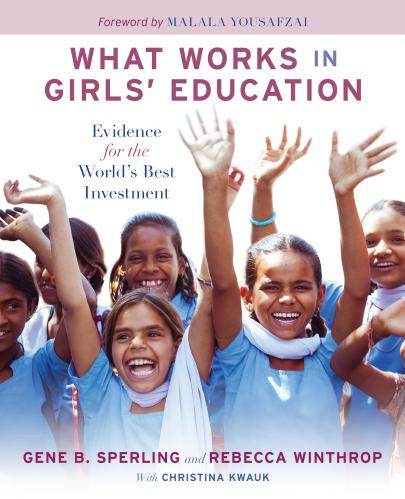
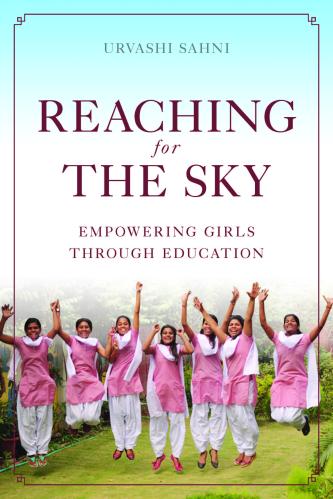

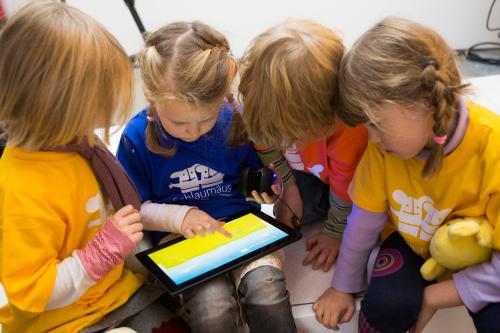
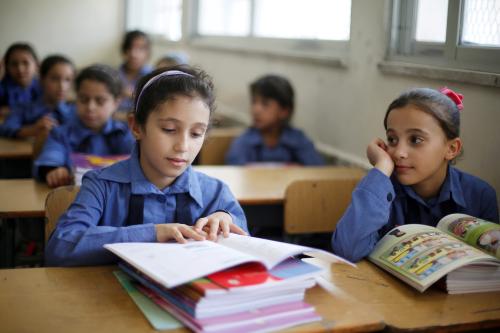
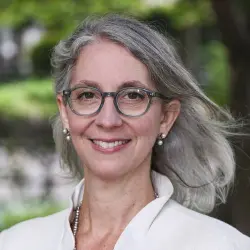
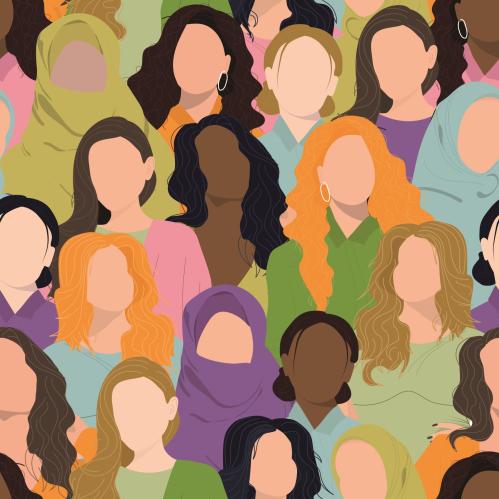


Commentary
A review of education in 2017
December 21, 2017